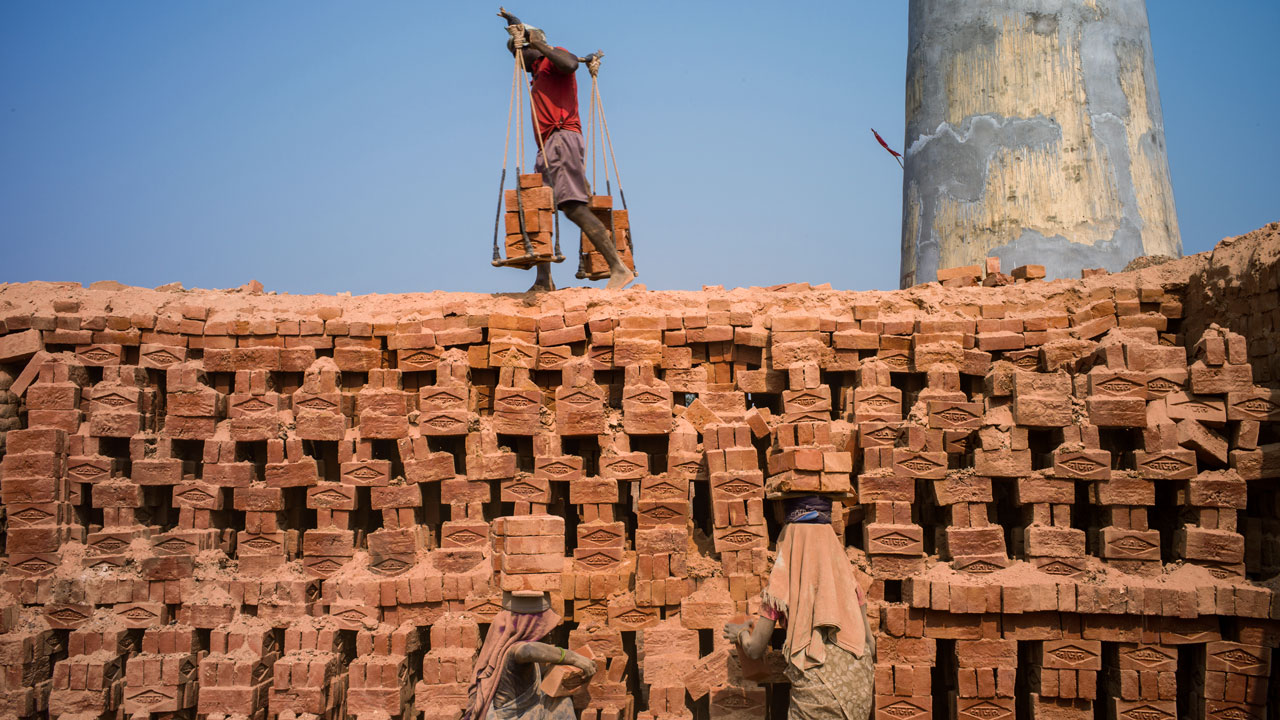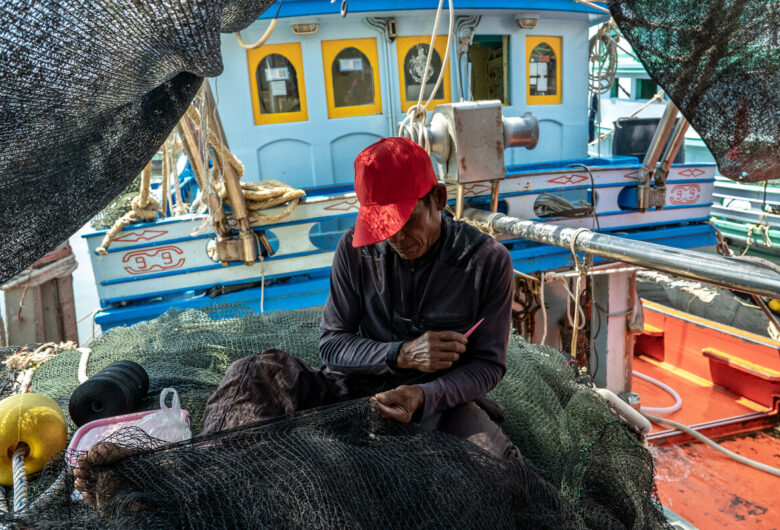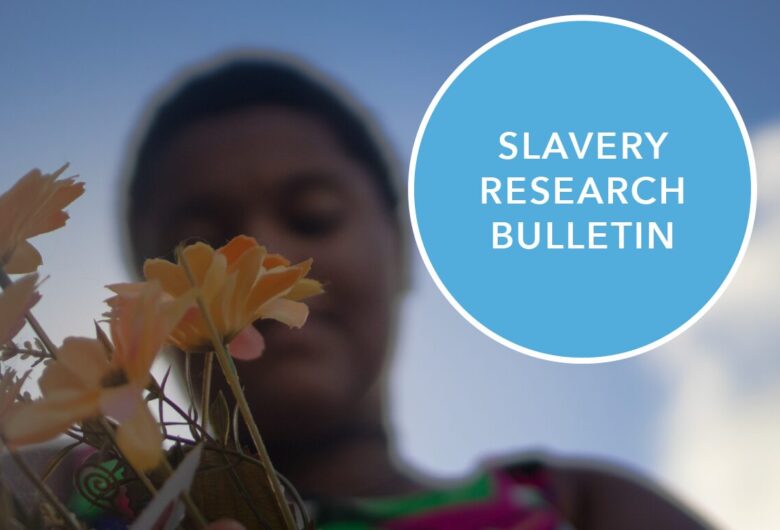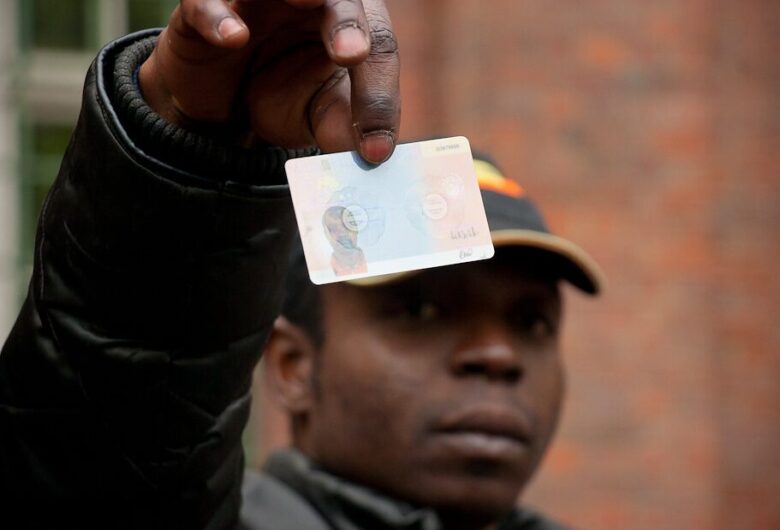Welcome to the Slavery Research Bulletin, the Freedom Fund’s monthly brief designed to bring you new and compelling research from the global anti-slavery movement.
Understanding the causes and drivers of child domestic work
A summary paper by Dr. Jonathan Blagbrough, funded by The Freedom Fund, explores the main causes and drivers of child domestic work, while conceptualising this issue from different lenses, and outlines the key issues for practitioners and policymakers. Drawing on evidence from research and practice, it reveals that nearly 70 percent of the estimated 17 million child domestic workers globally are girls. It also finds that that over two-thirds are living and working in unacceptable conditions, and experiencing discrimination, exploitation, and abuse.
The impact of the covid-19 pandemic on modern slavery
A policy brief by the Modern Slavery and Human Rights Policy and Evidence Centre analyses the implications of covid-19 for modern slavery. Following a literature review of 81 publications, the authors found that the pandemic has reduced opportunities to identify and support people affected by modern slavery, especially victims who suffered violence in private spaces during lockdown. At the same time, traffickers have adapted their methods, including increased online recruitment.
The problem of audit deception in apparel supply chains
A report by Transparentem sheds a light on the tactics used by suppliers within the apparel industry to hide labour rights violations from social auditors. Workers from 20 worksites in India, Malaysia, and Myanmar described common practices such as falsifying documents, coaching workers to lie and hiding workers who appeared to be employed unlawfully. Some workers mentioned the pressure to help their employers cover up violations due to fears of losing their jobs if the violations were uncovered and leading to cancelled orders.
Transnational legal toolbox on corporate accountability mechanisms
A report by Friedrich Ebert Stiftung and the European Center for Constitutional and Human Rights offers a toolbox of legal strategies and approaches taken by the labour movement, and contextualises key lessons learned. It summarises the transnational legal tactics that were developed by workers, trade unions and labour movements in their pursuit for accountability and change at the factory level following the South Asian factory disasters.
Trauma-informed anti-trafficking efforts in the covid-19 environment
The U.S. Office to Monitor and Combat Trafficking in Persons commissioned its Human Trafficking Expert Consultant Network to develop a series of recommendations to improve anti-trafficking efforts during the covid-19 pandemic. The recommendations aim to promote more trauma-informed practices across public health, social service, victim identification, trafficking identification, and prosecution responses.
Read on…
- Researchers from the London School of Hygiene and Tropical Medicine published a paper which highlights the gaps in implementing anti-trafficking policies in Thailand.
- The United Nations Office on Drugs and Crime released a study on the ways which human trafficking victims are harboured during their exploitation.
- The Helena Kennedy Centre for International Justice issued a report on how China’s cotton industry’s export strategy obscures cotton’s origin in the Uyghur Region.
And finally…
The Freedom Fund is proud to have directly reached one million people since our founding eight years ago. Learn how we reached this remarkable milestone here.
Contact us
Our team would love to hear from you. Please email: [email protected].
News & updates
For more news and updates about the Freedom Fund, visit our Newsroom. You can also view archived issues of our bulletin here.



